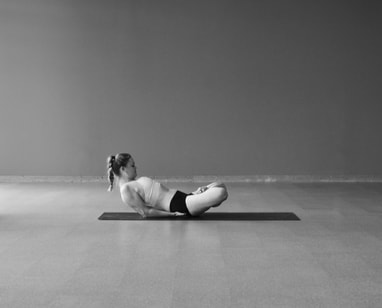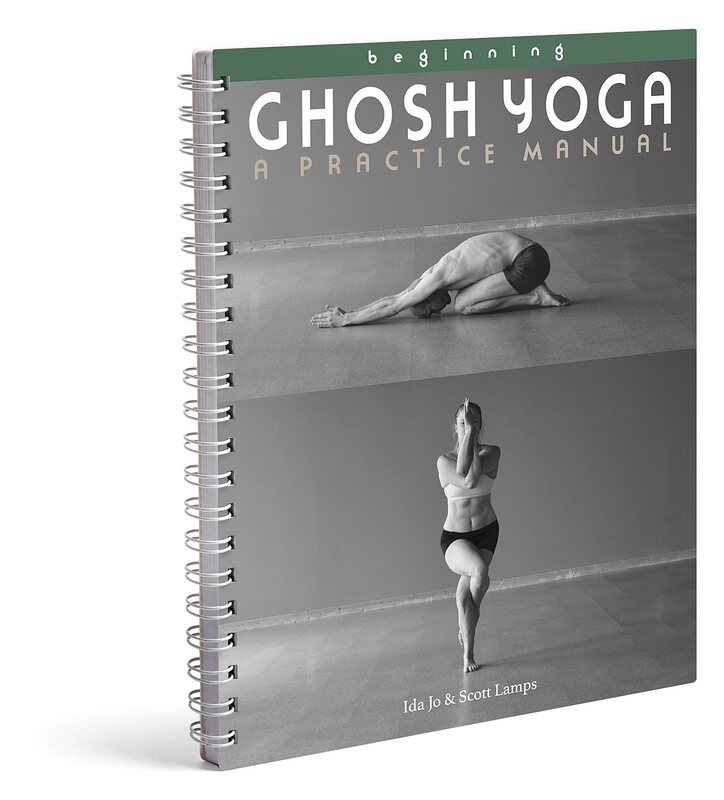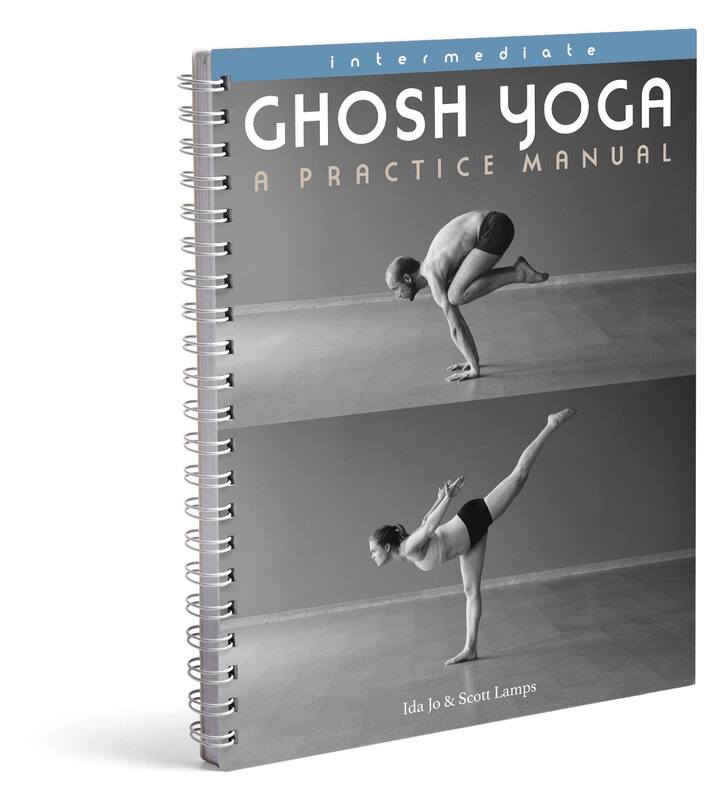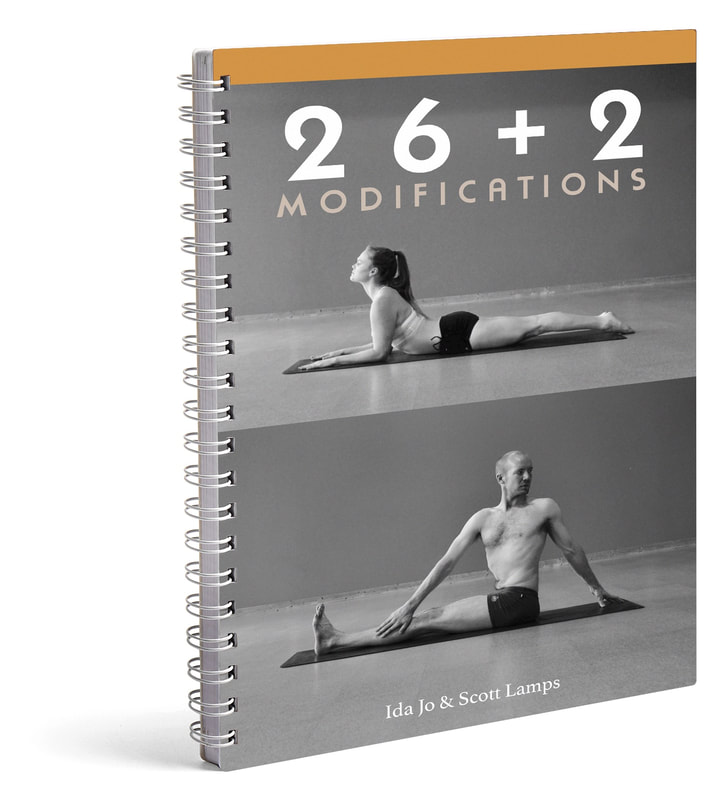|
The word Karma means action. Everything we do is an action, as is every thought we have. Inherent in these, is the danger of believing that these thoughts and actions are who we are.
This is quite simple in theory. For example, we all have things we like and things we don't. But when we believe these likes and dislikes are actually a part of who we are, we strengthen the ego, reinforce these misconceptions, and identify with something we are not. We do not have likes and dislikes, the ego does. This continues when we deem some tasks to be below us, some positions out of reach, some interactions pleasant, some people frustrating, etc. It is true that we can do something we don't want to do, be given a promotion we don't feel ready for, have a great conversation, be full of road rage in heavy traffic, but through all of these scenarios, the actual essence of who we are will not have changed at all. (If these actually changed us, that promotion we've always dreamed of would finally make us happy!) Karma Yoga is a way of purifying the mind. By doing Karma Yoga we strive to remove the ignorance of identifying with our likes and dislikes as inherent in the self. In essence, practicing Karma Yoga removes the association we have with this false sense of "I am." Karma yoga is acting without attachment to the results. It is being skillful in action. We all act and we all think, that will not change. But if we are seeking purity of mind, we do not want to reinforce what the ego desires. We will experience likes and dislikes, but through our actions, we should learn to see them for what they are and not who we are. This is an essential first step for a yogi. Otherwise all of our thoughts and actions will stay rooted in our perceived desired outcome (what the ego falsely thinks will bring about happiness or contentment). As a Karma yogi, we must do our work without associating with the outcome. Anything else is our ego taking us for a ride.
0 Comments
Leave a Reply. |
AUTHORSScott & Ida are Yoga Acharyas (Masters of Yoga). They are scholars as well as practitioners of yogic postures, breath control and meditation. They are the head teachers of Ghosh Yoga.
POPULAR- The 113 Postures of Ghosh Yoga
- Make the Hamstrings Strong, Not Long - Understanding Chair Posture - Lock the Knee History - It Doesn't Matter If Your Head Is On Your Knee - Bow Pose (Dhanurasana) - 5 Reasons To Backbend - Origins of Standing Bow - The Traditional Yoga In Bikram's Class - What About the Women?! - Through Bishnu's Eyes - Why Teaching Is Not a Personal Practice Categories
All
Archives
May 2024
|







 RSS Feed
RSS Feed